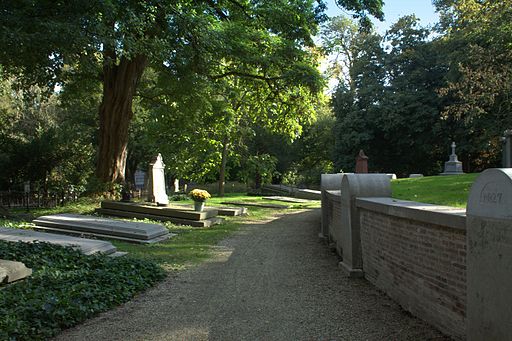Euthanasia doctor faces prosecution over dementia patient death


A geriatric doctor who helped a nursing home patient with severe dementia to die will be prosecuted for breaking euthanasia guidelines the public prosecution department said on Friday.
The case will be the first to come to court since the guidelines were established by law 2002. The doctor was given a formal reprimand earlier this year after the case was highlighted by the regional euthanasia monitoring committee.
‘This case addresses important legal issues regarding the termination of life of dementia patients,’ the department said in a statement. ‘This case has been referred to court to get these questions answered.’
The case centres on a 74-year-old woman who had drawn up a living will some years before her admission to the nursing home, ‘but it was unclear and contradictory’, the department said.
‘Although the woman had regularly stated that she wanted to die, on other occasions she had said that she did not to want to die,’ the department said in a statement.
‘The department believes the doctor should have checked with the woman whether she still had a death wish by discussing this with her,’ the statement said. ‘The fact that she had become demented does not alter this, because the law also requires the doctor to verify the euthanasia request in such a situation.’
Two other cases referred to the public prosecutor by the monitoring committee are still being assessed.
Controversy
In 2016, the justice and health ministries relaxed the guidelines for performing euthanasia on people with severe dementia a little so that patients can be helped to die even if they incapable of making their current feelings known.
However, they do have to have signed a euthanasia declaration with their family doctor before they become too seriously ill to be considered for help in dying.
Euthanasia is legal in the Netherlands under strict conditions. For example, the patient must be suffering unbearable pain and the doctor must be convinced the patient is making an informed choice. The opinion of a second doctor is also required.
Since the legislation was introduced in 2002, there have been a number of controversial cases, including a woman suffering severe tinnitus and a serious alcoholic.
Thank you for donating to DutchNews.nl.
We could not provide the Dutch News service, and keep it free of charge, without the generous support of our readers. Your donations allow us to report on issues you tell us matter, and provide you with a summary of the most important Dutch news each day.
Make a donation